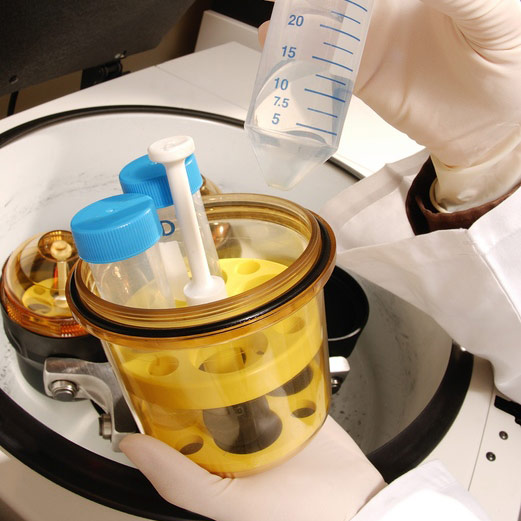
TUESDAY, July 13 (HealthDay News) — The regions of the human brain that grow most rapidly during infancy and childhood are nearly identical to the regions that are most different between humans and monkeys, new research has found.
The discovery was made by U.S. researchers who scanned the brains of full-term infants and healthy young adults in order to assess the differences in brain scans between the two age groups — part of a larger study on the effects of premature birth on brain development.
The study found that the cerebral cortex — the wrinkled area on the surface of the brain that is responsible for higher mental functions such as language and reasoning — grows in an uneven way. While every region expands as the brain matures, one-quarter to one-third of the cerebral cortex expands about twice as much as other cortical areas during normal development.
The findings were published online July 12 in the Proceedings of the National Academy of Sciences.
“Through comparisons between humans and macaque monkeys, my lab previously showed that many of these high-growth regions are expanded in humans as a result of recent evolutionary changes that made the human brain much larger than that of any other primate. The correlation isn’t perfect, but it’s much too good to put down to chance,” senior author David Van Essen, Edison professor and head of the anatomy and neurobiology department at Washington University School of Medicine in St. Louis, said in a university news release.
The researchers are now conducting scans of the brains of premature babies at birth and years later in an effort to learn more about how premature birth affects brain development. They also want to explore the role that structural problems in the brain may play in conditions such as autism, attention-deficit disorder and reading disabilities.
More information
Zero to Three has more about brain development.

